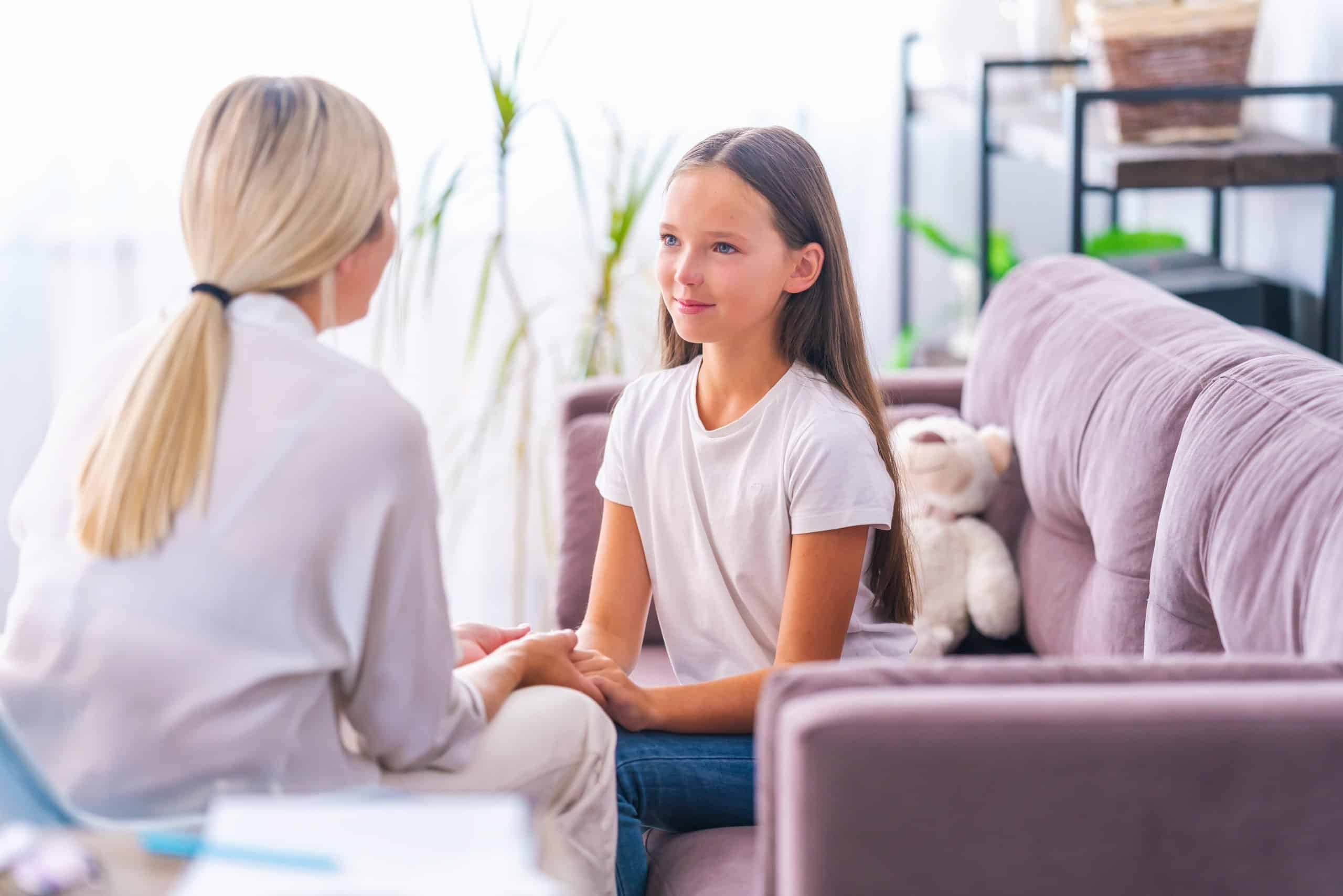

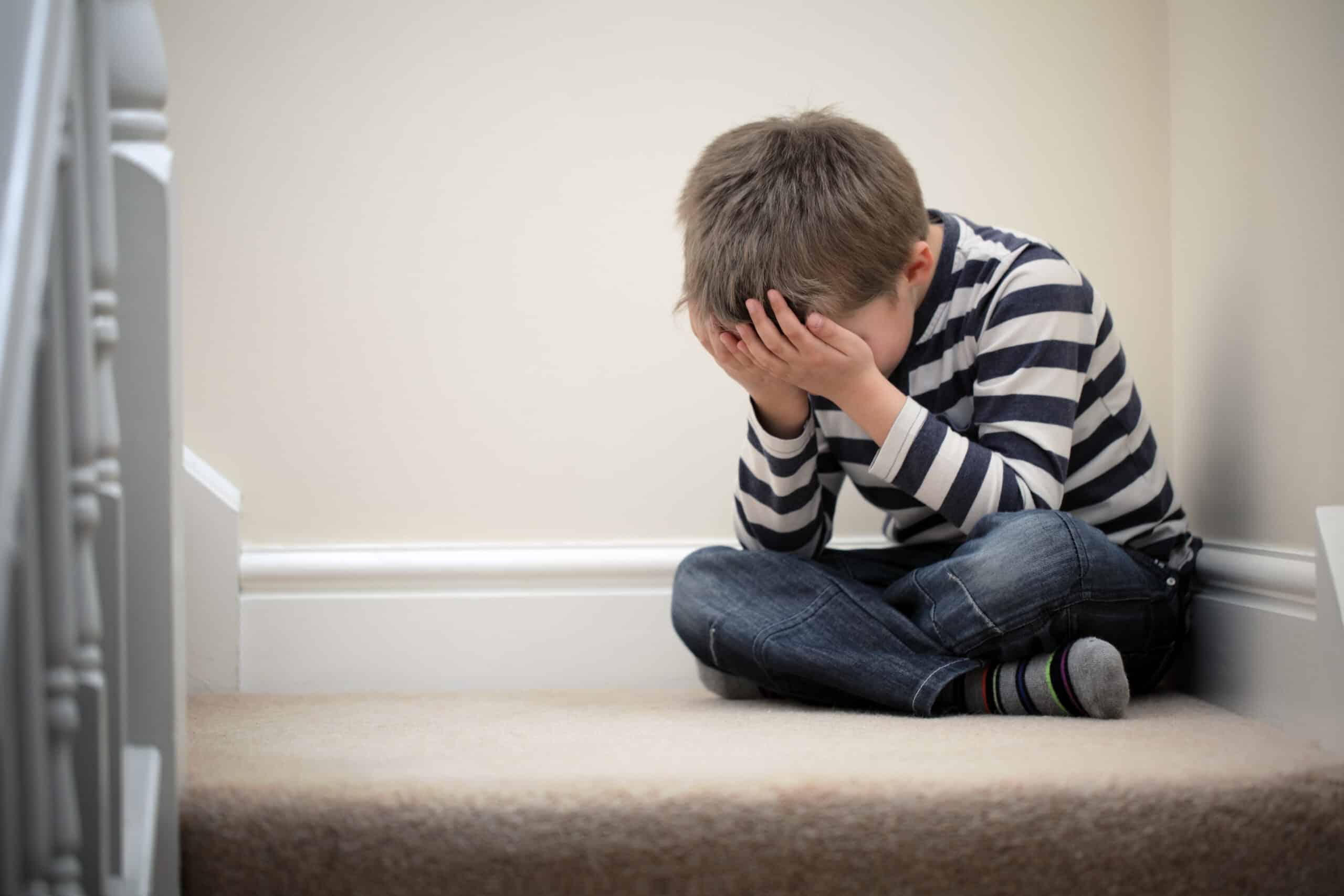
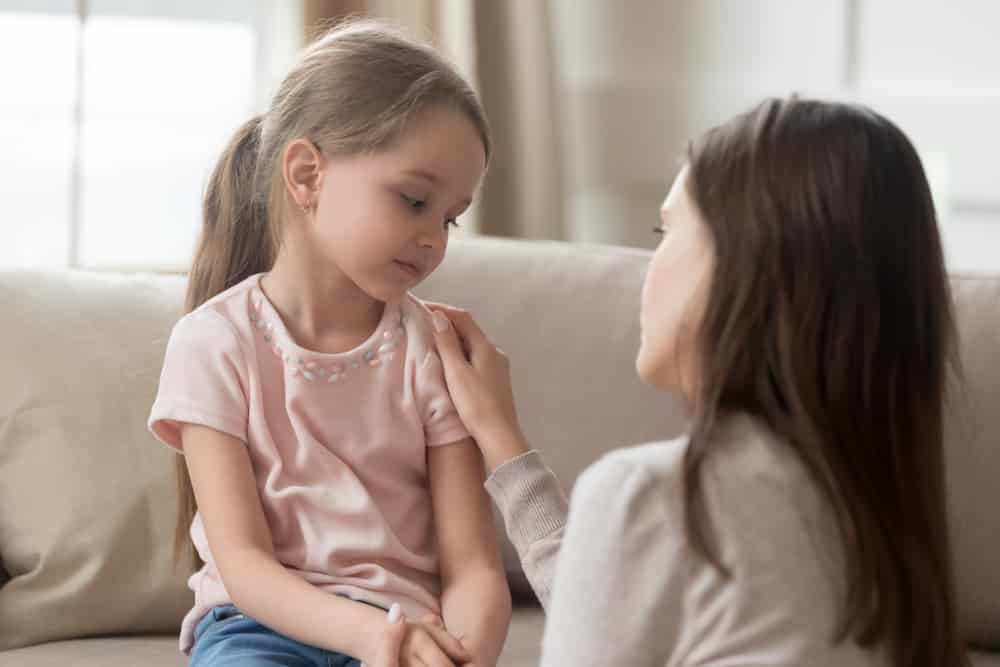


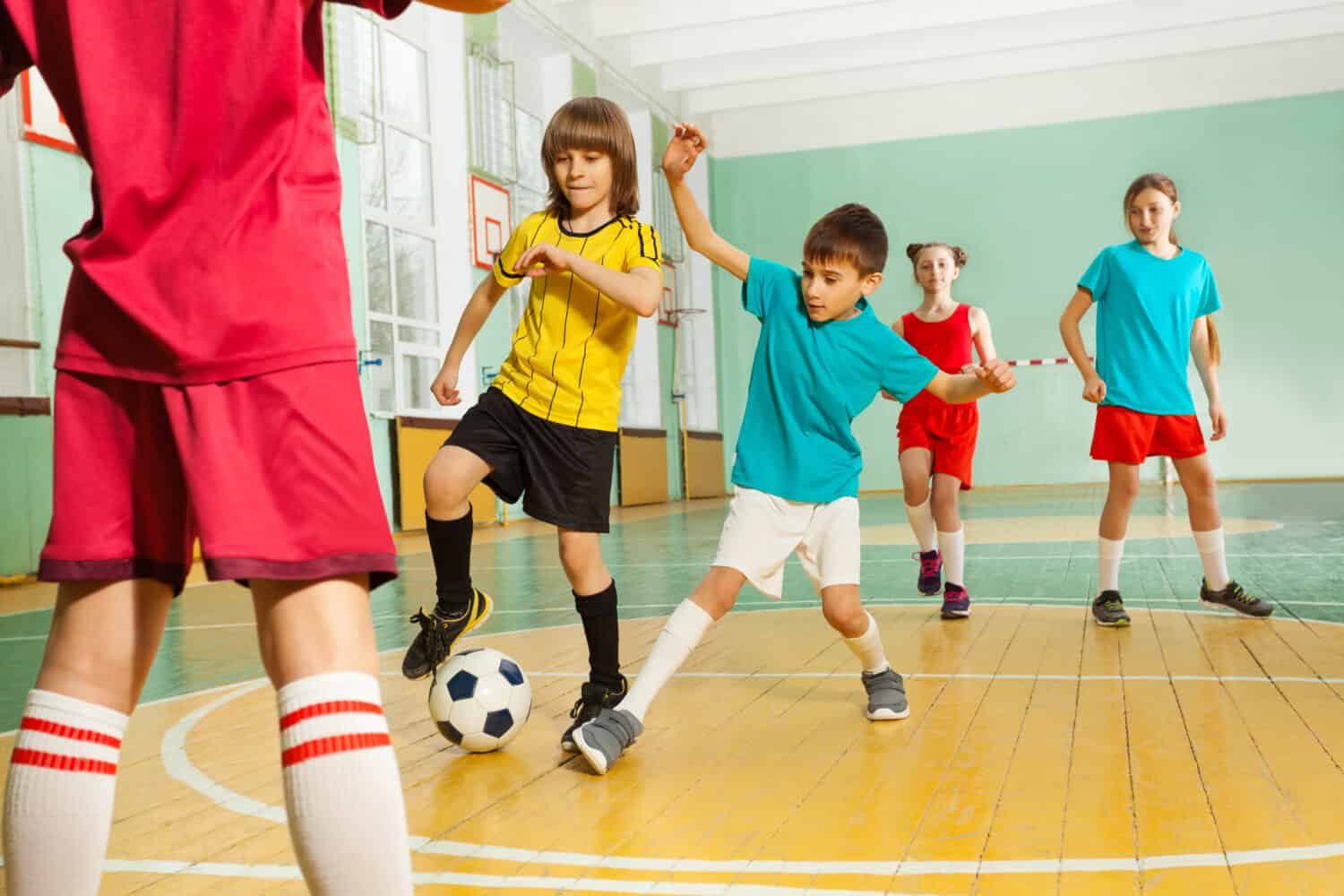
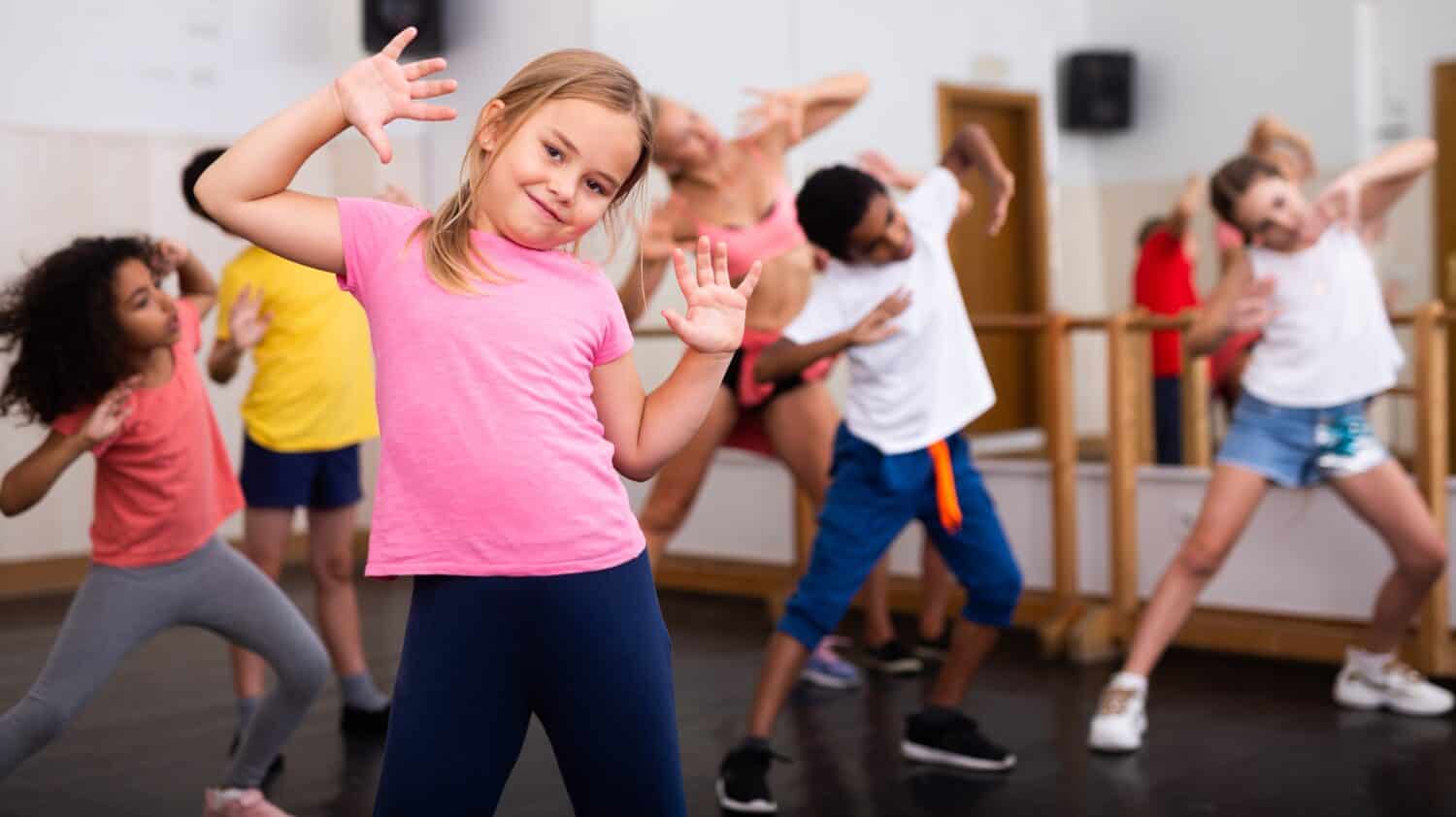

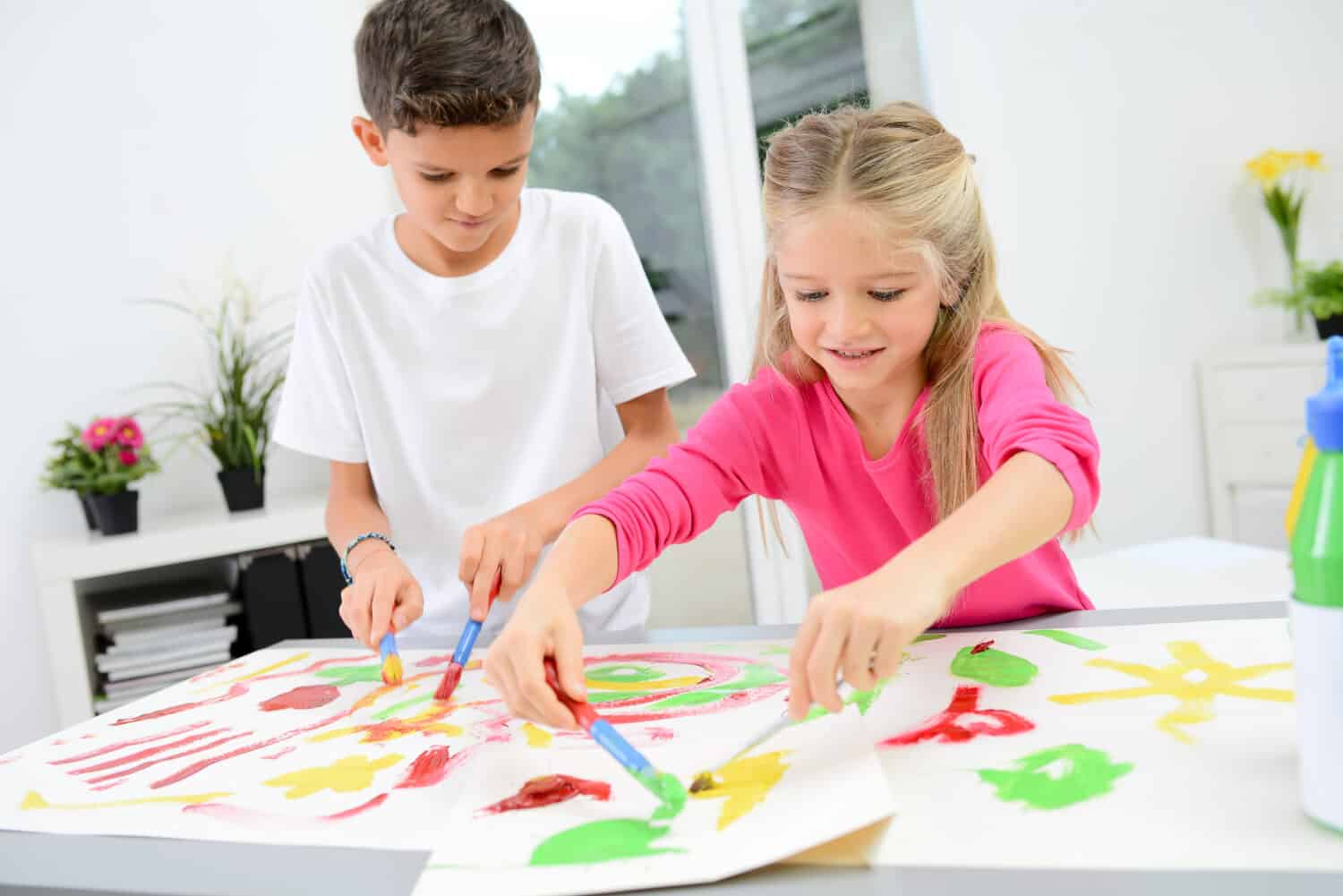
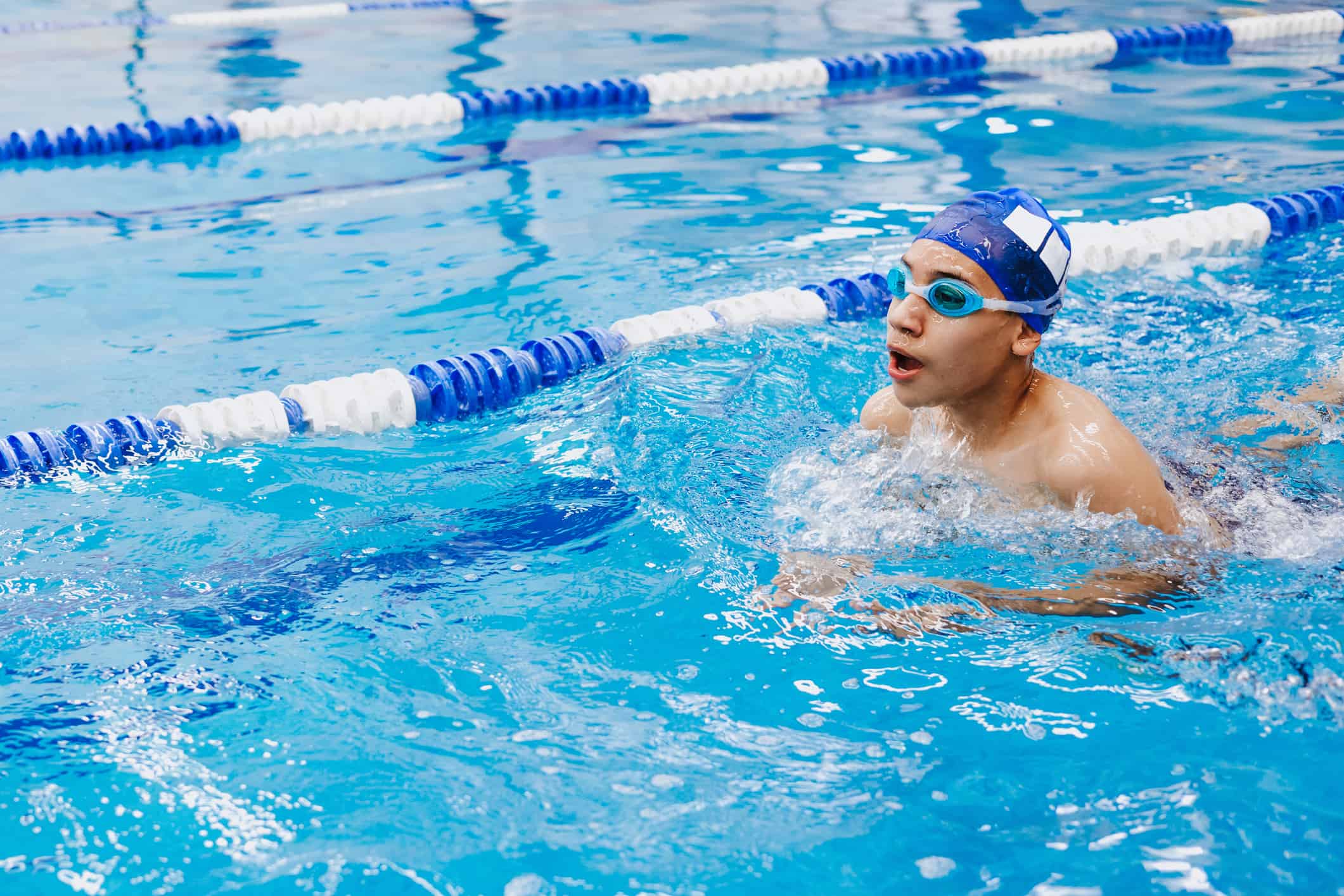
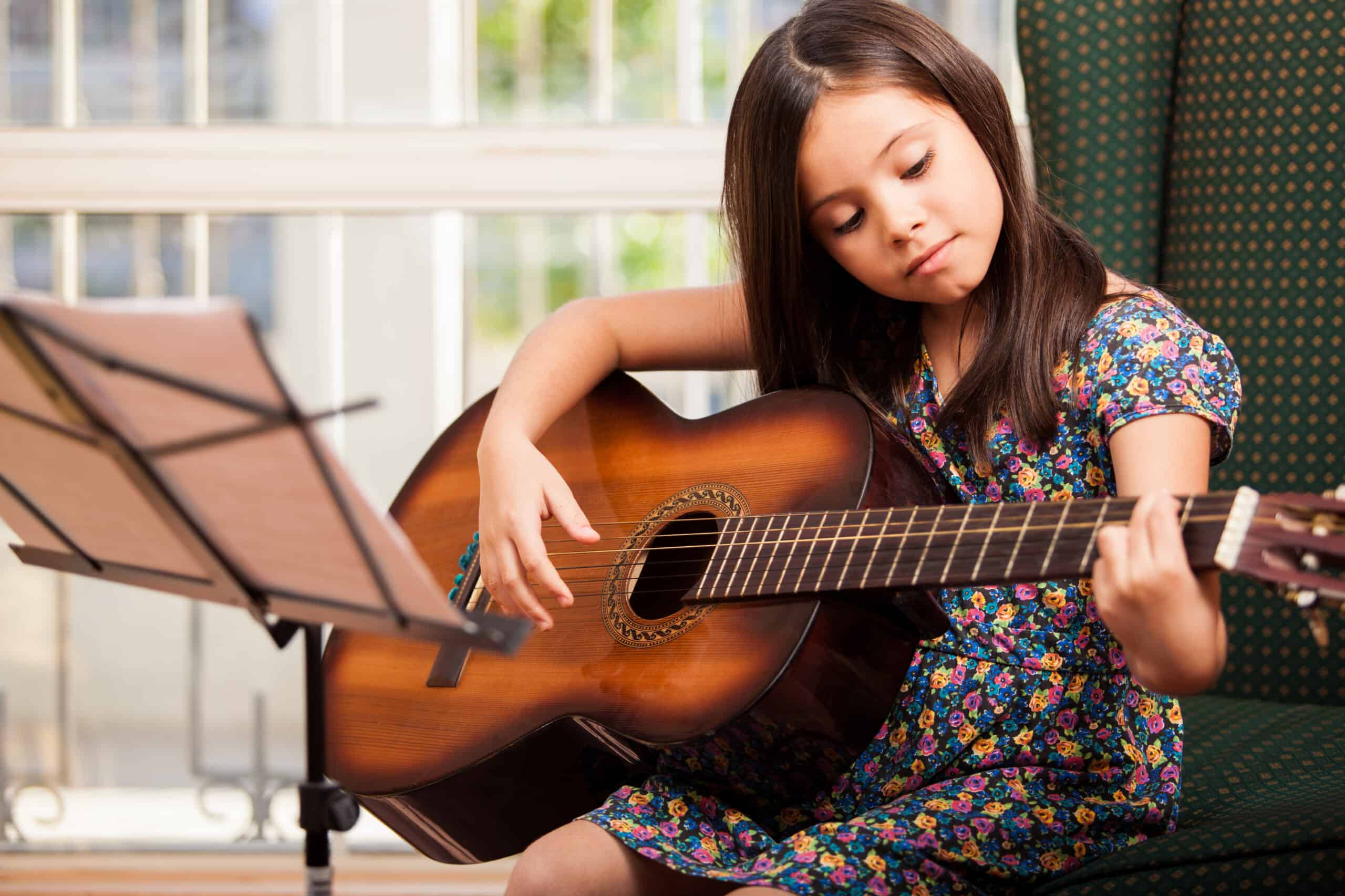
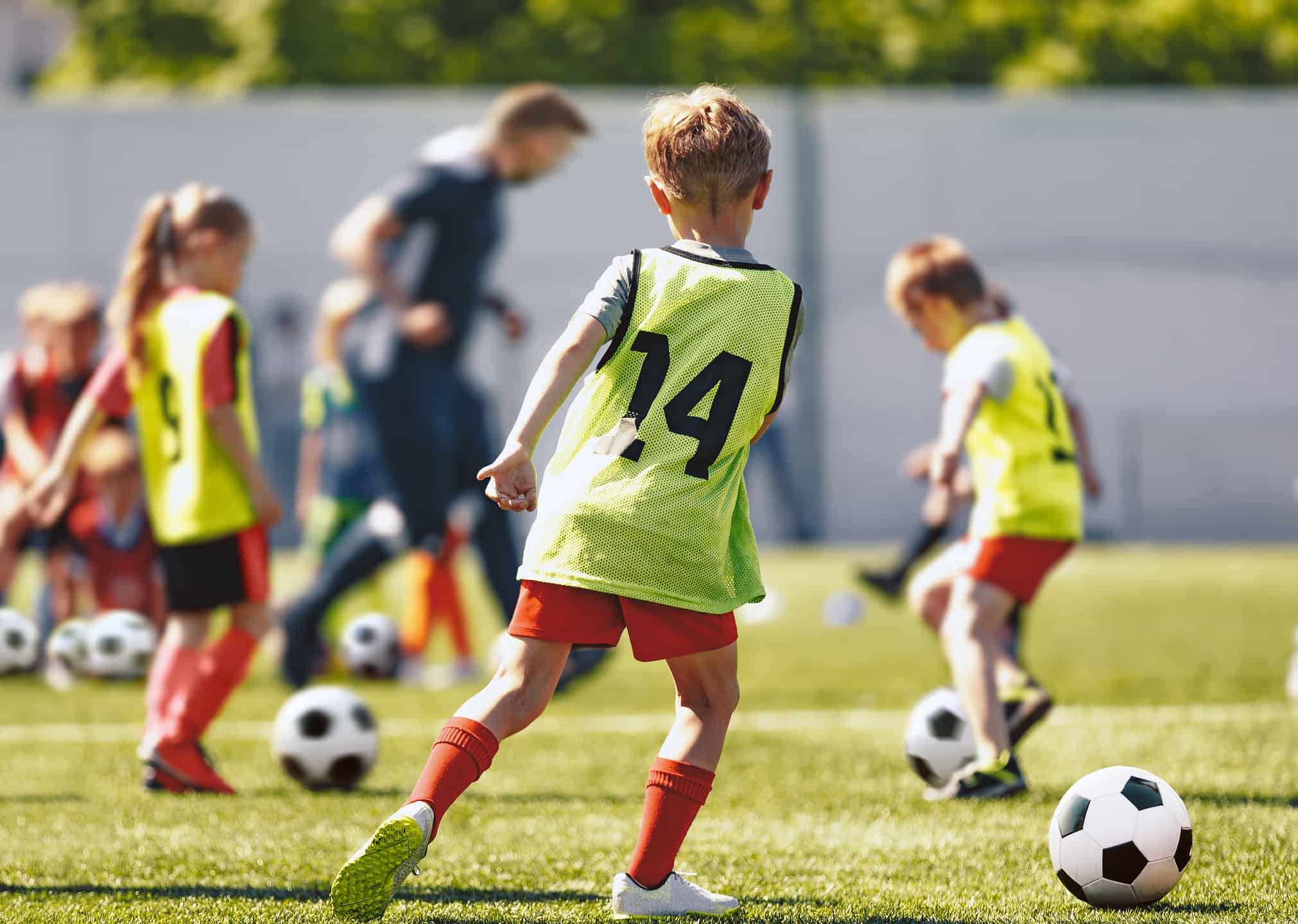

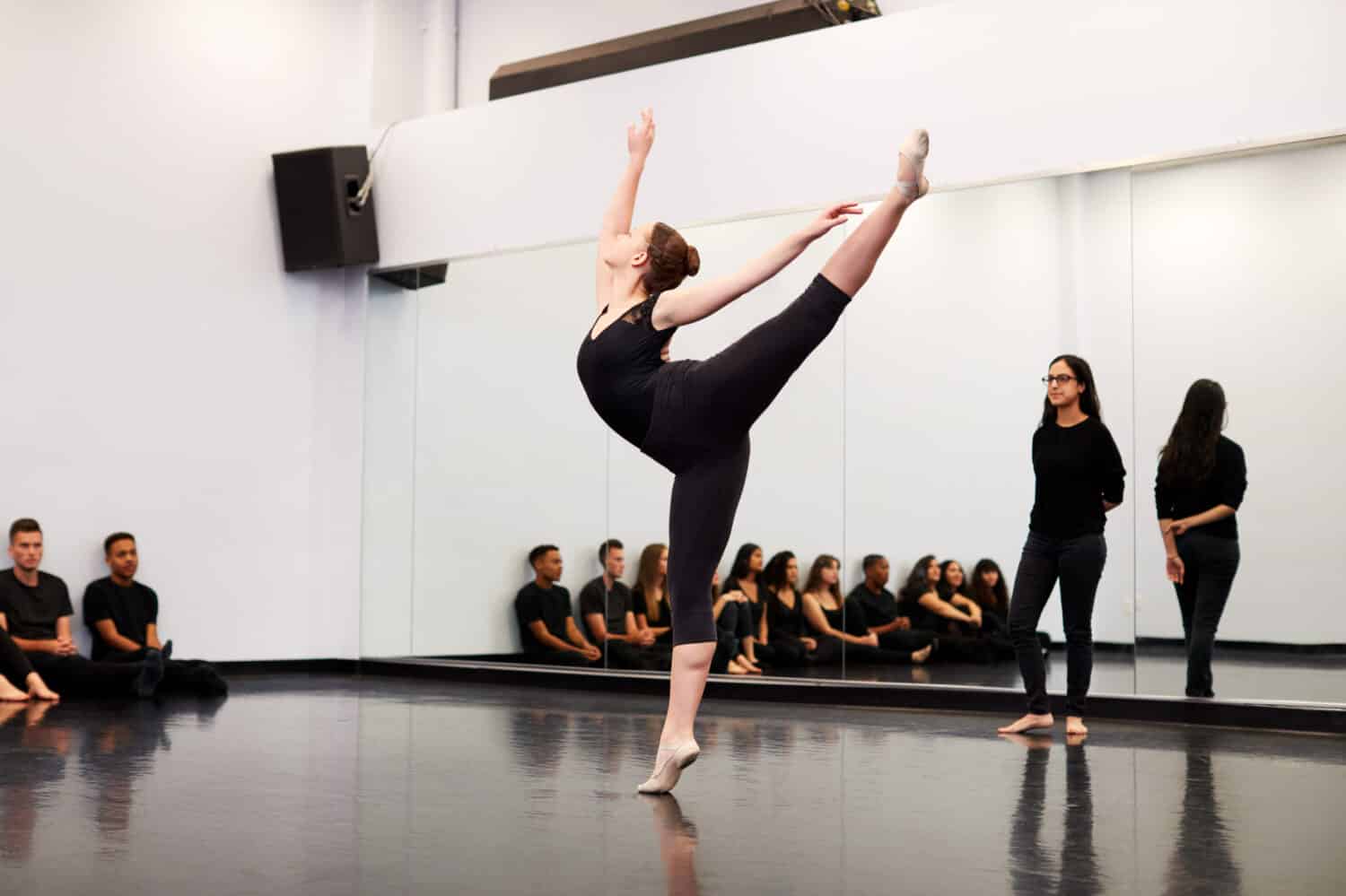
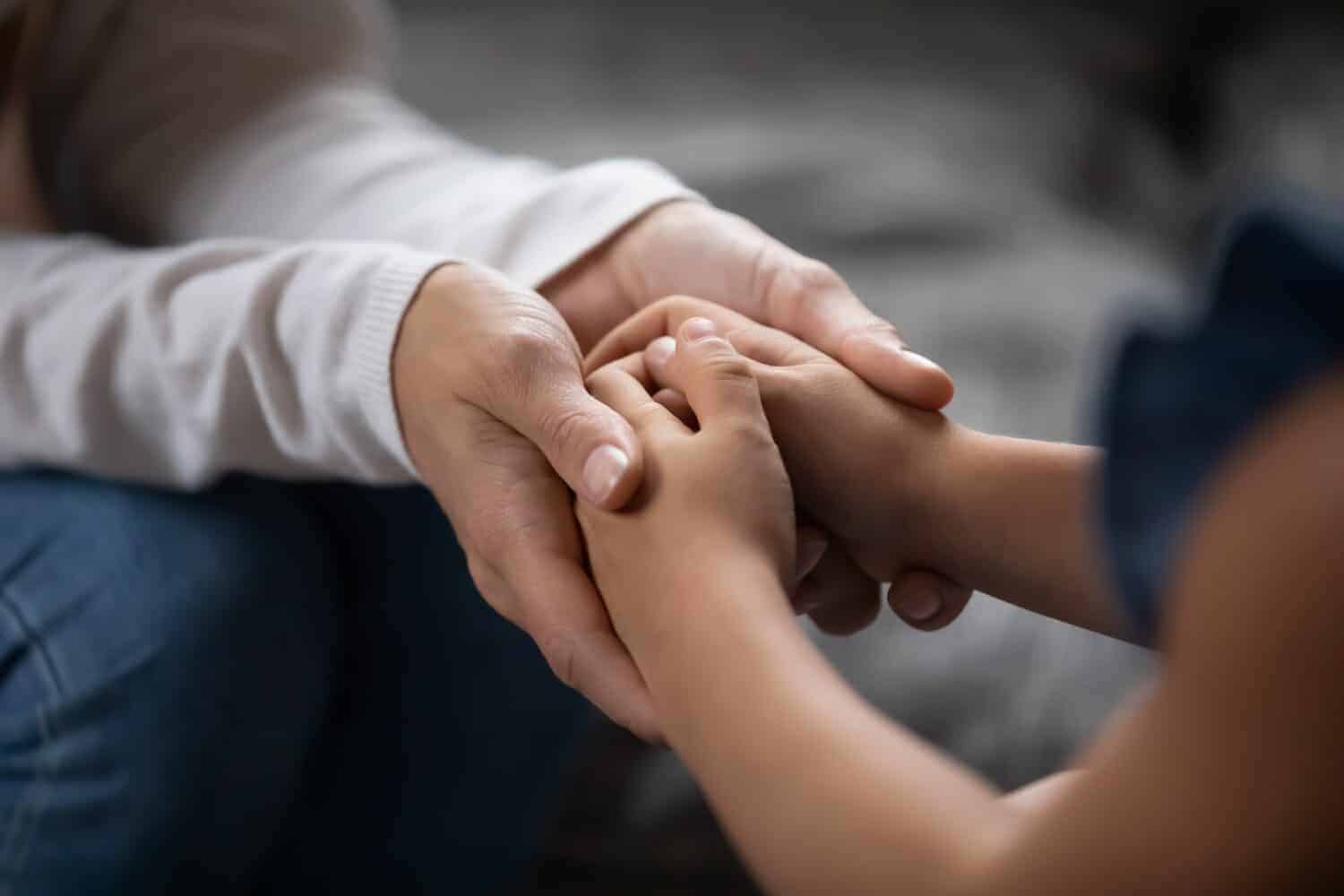


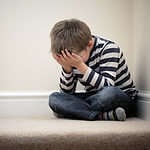



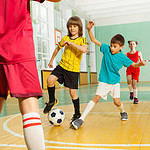


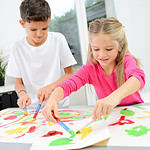

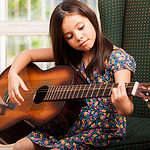


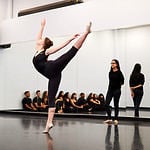

The Best Extra-Curricular Activities for Anxious Kids
As more and more studies are done and society learns additional information about anxiety disorder, more people are becoming aware of the effects it has. Anxiety impacts more than 40 million adults in the United States. Yet did you know anxiety affects children as well? Around one in every eight children (between the ages of 3 to 17) are diagnosed with anxiety. For parents whose children are affected by this disorder, they wonder what they can do to help their kids. That is why this list will cover the best extra-curricular activities for anxious kids.
How to Recognize Childhood Anxiety
Everyone, at one point or another, deals with worry. Nervousness before speaking before a crowd or flutters before the first day of school. All children will experience these moments at a time or two in their lives. Yet, childhood anxiety varies significantly from these occurrences. If you notice that your child is being affected by stress, fear, and worry more often than not, it may be a good idea to talk to your pediatrician. Additionally, further signs of anxiety in children include the following:
- Appetite changes
- Irritability
- Inability to relax
- Nightmares
- A hard time sleeping
- Restlessness
- Fatigue
- Low self-esteem and confidence
- Excessive fear
- uncontrollable worry
- Stomachaches
- Headaches
- Tension
- Muscle aches
These symptoms can be a sign that your child is dealing with anxiety.
Different Types of Anxiety
Anxiety is an umbrella term that covers a broad range of different anxiety disorders. These include (but are not limited to):
Generalized Anxiety: When a child or adult is affected by generalized anxiety, they will have unrealistic worries. These worries may be about the future or something terrible happening to them or someone they love. They may also deal with excessive worries about performing everyday activities. Additionally, children and adults may begin to play out an unrealistic or very rare scenario in their minds that makes them fearful. When someone has generalized anxiety, they may also look for reassurance quite often.
Social Anxiety: Social anxiety is typically centered on being around other peers, including schoolmates. This type of anxiety can affect adults as well, but it typically arises around age 13. A child with social anxiety may be fearful of their peers judging them. They will avoid participating in extracurricular activities and may even dislike attending school. Children may also have only a couple or no friends at all because the thought of socializing makes them anxious.
Separation Anxiety: Separation anxiety occurs when a child is fearful of being away from their primary caregiver. They may become clingy and refuse to go anywhere without the caregiver, including school or daycare. Children with separation anxiety may also throw tantrums when they are away from their caregivers.
How to Help Child with Anxiety
If you are a parent with a child who has anxiety, thoughts on how to help them most likely consume your mind. We want nothing more than for our children to be okay. There are several routes you can take when helping your child with anxiety.
Talk to a Pediatrician
If you suspect that your child may be affected by anxiety, the first step is to talk to your child's pediatrician. Their pediatrician will be able to recommend what types of activities could be helpful for your child.
They may also be able to help you determine what type of anxiety is affecting your child, how to help them with it, and whether any other steps need to be taken.
Activities For Anxious Kids
After you have spoken with your child's pediatrician, you can try one of these activities at home to help ease anxiety symptoms for your child.
- Create a calm-down spot at home for your child. This spot will help your child learn how to manage their symptoms and provide them with a quiet space to gather their thoughts.
- Teach your child how to breathe deeply and slowly when they start to feel anxious.
- Additionally, you can teach your child how to notice when an intrusive or negative thought is entering their mind. Being able to do so will help them manage those thoughts more easily.
- Writing in a journal is an excellent way to get their thoughts out of their head and onto paper.
More ideas include:
- Calm down jars
- Create a worry box
- Using a stress ball
- Drawing or coloring
- Reading
Physical Activity is Great for Children with Anxiety
Physical activity is another great activity for children who have anxiety. This is because physical activity raises levels of endorphins and dopamine. These chemicals help improve sleep and concentration. They also improve mood and act as natural painkillers.
Therefore, when your child participates in physical activities, it may help reduce the symptoms of anxiety and increase their self-esteem.
Why Extracurriculars Are Good for Children with Anxiety
Along with physical activity, any extracurricular activity can be suitable for kids with anxiety. When your child participates in something they love, they will begin to feel a sense of accomplishment, which can lead to higher self-esteem and self-worth.
Additionally, extracurricular activities help your child expand their social skills. However, be sure not to overschedule your child. If they participate in too many extracurriculars, they may feel more anxious. Yet, helping your child find one or two extracurriculars that they love can help them keep their anxiety symptoms under control and learn how to manage them.
Yoga
Everyone has the stress hormones like adrenaline and cortisol. These hormones are responsible for our fight, flight, or freeze responses. However, when someone experiences excess anxiety, they begin to have too much adrenaline in their system. Yet, yoga releases these hormones.
The mental focus that yoga uses helps our bodies learn how to release stress and calm our minds. These classes can be suitable for kids with anxiety because they promote mindfulness. Additionally, this type of exercise can reduce adrenaline and increase endorphins.
Art Classes
Art classes are a great way to express oneself. Therefore, they can give your child a creative outlet to release the stress and anxiety they may be feeling.
Additionally, art classes are an excellent idea for children dealing with social anxiety. This is because while there are other children in the class, it's not a team sport. This means your child's performance is not dependent on their interactions with other children, allowing them to dip their toes into social situations more slowly.
Swimming
Swimming is another extracurricular activity that is great for children who may be affected by anxiety as long as they are comfortable around water. It's a physical activity, which means your child will get a boost of endorphins and dopamine. They will also be able to experience social situations without having an overload.
While swimming is a competitive sport, your child also competes against themselves. Breaking personal records is an excellent way for your child to experience a boost in self-esteem and focus on meeting goals.
Music Lessons
Music affects everyone, whether we have anxiety or not. Additionally, music can help us relax, while upbeat music can make us feel happier. Therefore, music is a great stress reliever.
If your child is interested in learning an instrument or taking voice lessons, do not let their anxiety hold them back. Music lessons, like physical activity, can reduce stress while also helping them develop confidence as they learn a new skill.
Team Sports
If your child is interested in team sports, getting them involved in one can be an excellent way to help them manage anxiety symptoms.
Team sports may include:
- Basketball
- Football
- Tennis
- Volleyball
- Soccer
- Baseball
Team sports can promote social skills. These skills, in turn, can help our child manage anxiety by building relationships with peers. Additionally, team sports are physically demanding, allowing them to get the exercise they need.
Drama Club
Theater or drama clubs can give your child an outlet for their feelings. They do not have to be a particular person during this time. They get to dive deep into the life of a different character.
Drama also teaches children skills in speaking and communication. Therefore, drama club may allow your child to grow in confidence and become more resilient.
Performing Arts
Performing arts, like dance, is another type of physical exercise that releases endorphins and dopamine. Additionally, as your child grows in their skill and love for dance, they will grow in self-esteem.
Furthermore, dance and other performing arts require your child to learn to be in tune with their bodies. This promotes mindfulness and helps your child develop a deeper connection with their mind and body.
In Conclusion
There has been a rise in anxiety diagnoses over the last few decades. However, this disorder does not have to rule your child's life. There are several ways you can help your child learn how to manage their anxiety symptoms. Try the ones above if you are looking for the best extra-curricular activities for anxious kids. These activities can give your child a boost in self-esteem and confidence. They can also promote physical and mental health, release the stress hormone, and help them manage their anxiety.